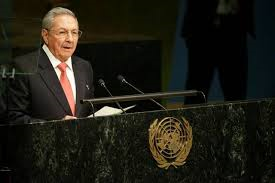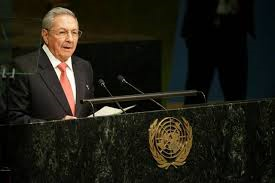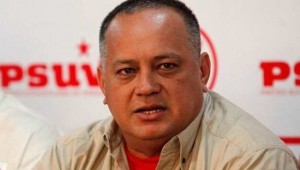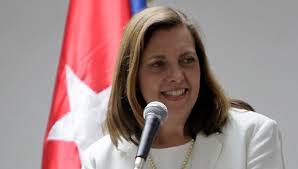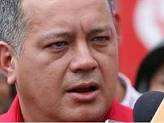By Arnold August, September 30, 2015
Ricardo Alarcón de Quesada served as Cuba’s permanent representative to the United Nations for nearly 30 years and later served as Minister of Foreign Affairs from 1992 to 1993. Subsequently, he was President of the National Assembly of People’s Power from 1993 to 2013. He was also a Member of the Central Committee of the Communist Party of Cuba until 2013.
This is what he wrote in his Foreword to the Cuban-Spanish version of my book CUBA AND ITS NEIGHBOURS: DEMOCRACY IN MOTION:
“This book makes a contribution to a necessary discussion about our political system, and as such it is a useful tool that will help to refine this system, making it ever more authentically democratic.”
My analysis of Cuba’s political process, electoral system and own approach to democracy is far from being idealistic and apologetic. On the contrary, it deals with most of the important existing problems as seen by many Cuban academics and researchers. Ricardo Alarcón, who himself has always taken an objective view towards Cuba’s political system, captured one of the most important points of my book in the above-cited quote. For the full text of his Foreword in English, click here:
Please take the time to view this two-part English-language informative and wide-ranging YouTube interview with Alarcón carried out by one of Cuba’s new, young TV journalists, Cristina Escobar. Both parts were filmed in September 2015:
Ricardo Alarcón


